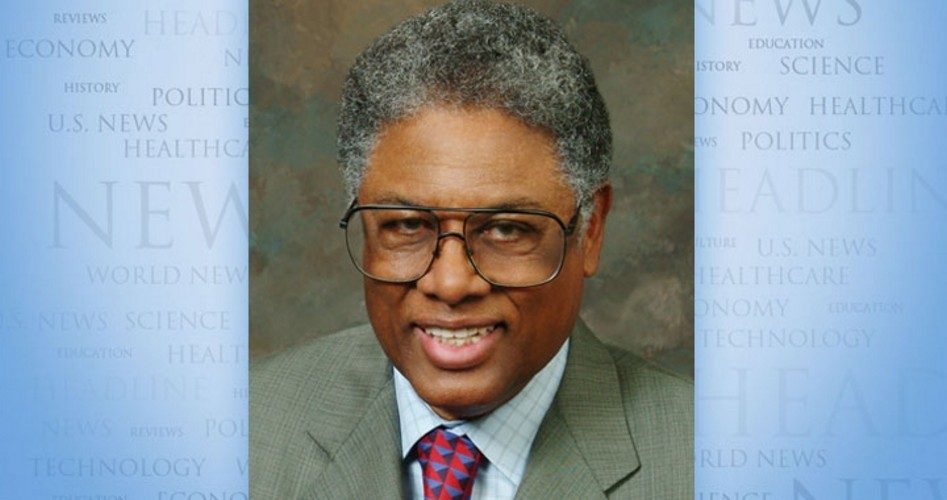
If anyone still has any doubt about the utter cynicism of the Obama administration, a recent agreement between the federal government and the Minneapolis Public Schools should open their eyes.
Under the Obama administration, both the Department of Education and the Department of Justice have been leaning on public schools around the country to reduce what they call the “disproportionate” numbers of black male students who are punished for various offenses in schools.
Under an implicit threat of losing their federal subsidies, the Minneapolis Public Schools have agreed to reduce the disparity in punishment of black students by 25 percent by the end of this school year, and then by 50 percent, 75 percent and finally 100 percent in each of the following years. In other words, there are now racial quota limits for punishment in the Minneapolis schools.
If we stop and think — as old-fashioned as that may seem — there is not the slightest reason to expect black males to commit the same number of offenses as Asian females or any other set of students.
When different groups of human beings have behaved differently in all sorts of ways, in countries around the world, for thousands of years of recorded history, why would we accept as dogma that the only reason one set of students gets punished more than others is because the people who are doing the punishing are picking on them?
Politically — which is the way the Obama administration looks at everything — any time they can depict blacks as victims, and depict themselves as their rescuers, that means an opportunity to get out the black vote for Democrats.
On the surface, this may look like a favor to blacks. But only on the surface.
Anyone with common sense knows that letting a kid get away with bad behavior is an open invitation to worse behavior in the future. Punishing a kid for misbehavior in school when he is 10 years old may reduce the chances that he will have to be sent to prison when he is 20 years old.
Other schools in other cities, which have also caved under pressure from the federal government, and agreed to lighten up on black kids who misbehave, have reported an increase in misbehavior, including violence. Who would have thought otherwise?
Letting kids who are behavior problems in schools grow up to become hoodlums and then criminals is no favor to them or to the black community. Moreover, it takes no more than a small fraction of troublemakers in a class to make it impossible to give that class a decent education. And for many poor people, whether black or white, education is their one big chance to escape poverty.
The people in the Obama administration who are pushing this counterproductive policy are not stupid. They are political, which is worse. They know what they are doing and they are willing to sacrifice young blacks to do it.
This punishment issue made me think back to the 8th grade, when I was punished by being kept after school, more often than any other kid in the class — black, white, Hispanic or whatever. I was bored in school and did various pranks to liven things up.
One day, after school, as I sat alone among the empty chairs in the classroom, the teacher said, sarcastically: “Well, here we are again, Sowell, just the two of us!”
“Good grief, Miss Sharoff,” I said. “If we keep staying in after school together all the time, people will begin to talk.”
“We will just have to live with the scandal,” she said, without even looking up from the papers she was correcting.
Thank heaven there was no Obama administration to exempt me from punishment. Who knows how I might have ended up?
Years ago, there was a study of a working class community where there were black, Hispanic and Italian kids, and where many of the cops were Italian. When a black or Hispanic kid broke the law, the police took him down to the station and booked him. But, if an Italian kid did the same thing, they reacted differently.
The Italian cop would take the Italian kid out into an alley and rough him up. Then he would take him home to his family, tell them what had happened and leave him there — where the kid could expect another beating, instead of the wrist-slap punishment of the law. Those cops understood the realities of life that politicians ignore. And they were doing a favor to their own.
Thomas Sowell is a senior fellow at the Hoover Institution, Stanford University, Stanford, CA 94305. His website is www.tsowell.com. To find out more about Thomas Sowell and read features by other Creators Syndicate columnists and cartoonists, visit the Creators Syndicate Web page at www.creators.com.
COPYRIGHT 2014 CREATORS.COM



